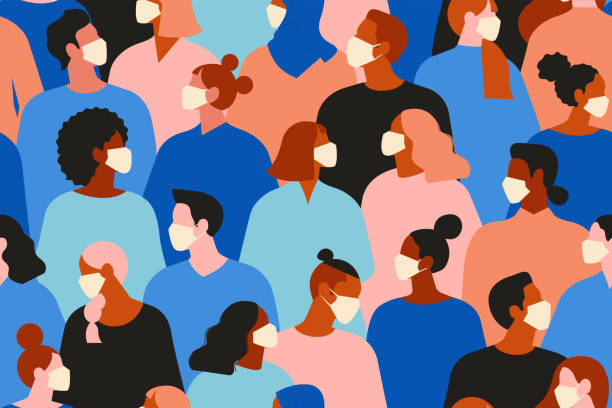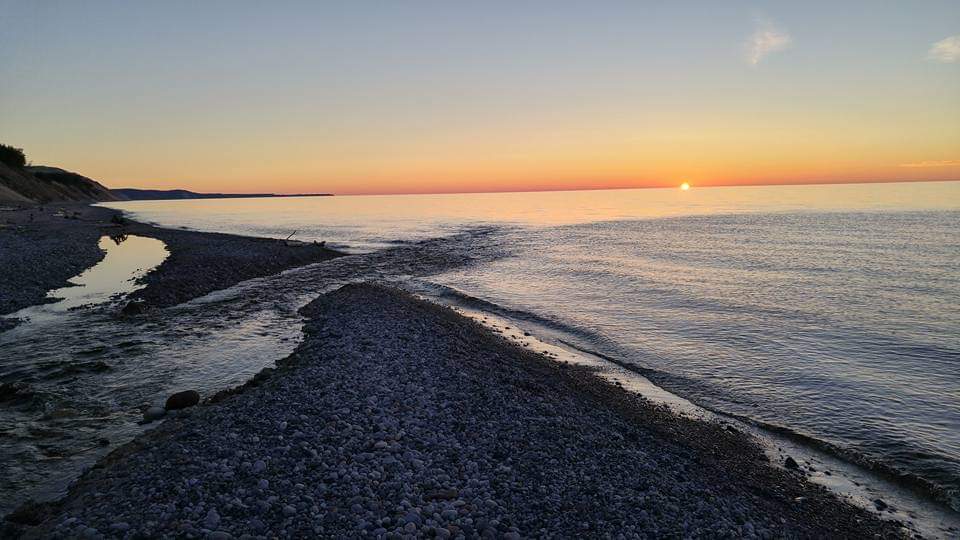Awareness of self-care during the COVID-19 pandemic
I might have COVID-19. I might not. I maybe did. I maybe did not. I was “screened” a few weeks ago by a doctor in Michigan, my current place of residence. Just after traveling to California for a few weeks just as the pandemic awareness became pronounced in the US and states began to shut down. In trying to get back home, I knew there were many places I could have been exposed to, so when I began feeling symptoms, I wanted to get checked. I felt quite ill: coughing frequently and very weak and exhausted, but did not have much fever and did not feel my life was in danger. This isn’t to say it was not a difficult and trying period; I was going through this sickness while also trying to somehow turn in a doctoral dissertation. It made the experience all the more draining. Yet, more than anything, I did not want to risk spreading the virus.
However, despite assertions from the government that testing would be widely available, the screening involved about 20 minutes of questions before the doctor told me there were not enough tests available. She said I “probably” had it, but they only had resources to test those in most critical condition. After going through the process first hand, my first thought was “Wow, if that’s how it works, the real numbers of COVID-19 are far larger than the statistics I’ve been looking at.” I was simply told to quarantine myself until all symptoms are gone for at least 72 hours. At this point, I have been mostly better for a little over a week, yet I still cough a little in the morning or evening every so often. So quarantine continues. I might have it. I might not. Maybe I did. Maybe I did not.

Yet, testing is not at all widely available where I am in West Michigan. So I must simply stay away form others just in case.
Although I would have liked to be reaching out more at times over the past month, for me, even after turning my dissertation in early April, it’s been a period of needed rest, recovery, and inner work. I think we need to continually balance outer compassion with inner care and cultivation; also critical is a consistent self-awareness to see when and how to set such a balance. This is in no way to say I have perfected this. Actually, I’ve burnt myself out numerous times in failing when to see that I should step back.
But these are a few things that at least help me personally when taking those steps back to rest and recover.
- First, I set aside that time you need. If I don’t do this, I might keep myself busy and never truly recover
- Return to my breath, just focus on deep breathing and slowing everything down inside for a while, with as many sessions of this as possible. This helps me, but what’s most important is to know yourself – or get to know yourself. What works for you personally? How do you slow things down in life? Sometimes this might change day to day or minute to minute. Observe your own reactions from moment to moment to see what is helping you personally. Maybe breathe more deep; maybe breath more shallow. Try changing the pace of the breath – how does your body respond? What about trying different types of music? Or stepping outside into fresh air? Experiment with yourself, and with your own mind. The more you pay attention to these things from moment to moment and day to day, the better you can become your own doctor of deep relaxation.
- I then commit to longer periods and/or more periods of chanting and meditation. If you have a base spiritual practice that you are comfortable with something that sets you right, make sure you return to that. Re-commit to it or commit to it in a new way. If done in combination with the mindset from #2, you might also have the opportunity to discover new ways to engage with that practice as well.
- Once returning to a baseline of wellness or something deeper, I also think it’s important to reflect and evaluate my present and past. It’s hard to do an honest and fully aware reflection when you’re exhausted. But I think it’s important once beginning to recover. What did I do to get myself in this state? Is there any ways to better prevent it in the future? Also, what are the anxieties I might still have – the larger ones and/or the more subtle ones? What is the real cause of that? – the cause behind the cause behind the cause? Is there a way I can transcend that as I move on?
These are some of my own processes during times like this in my life. What works for you?


